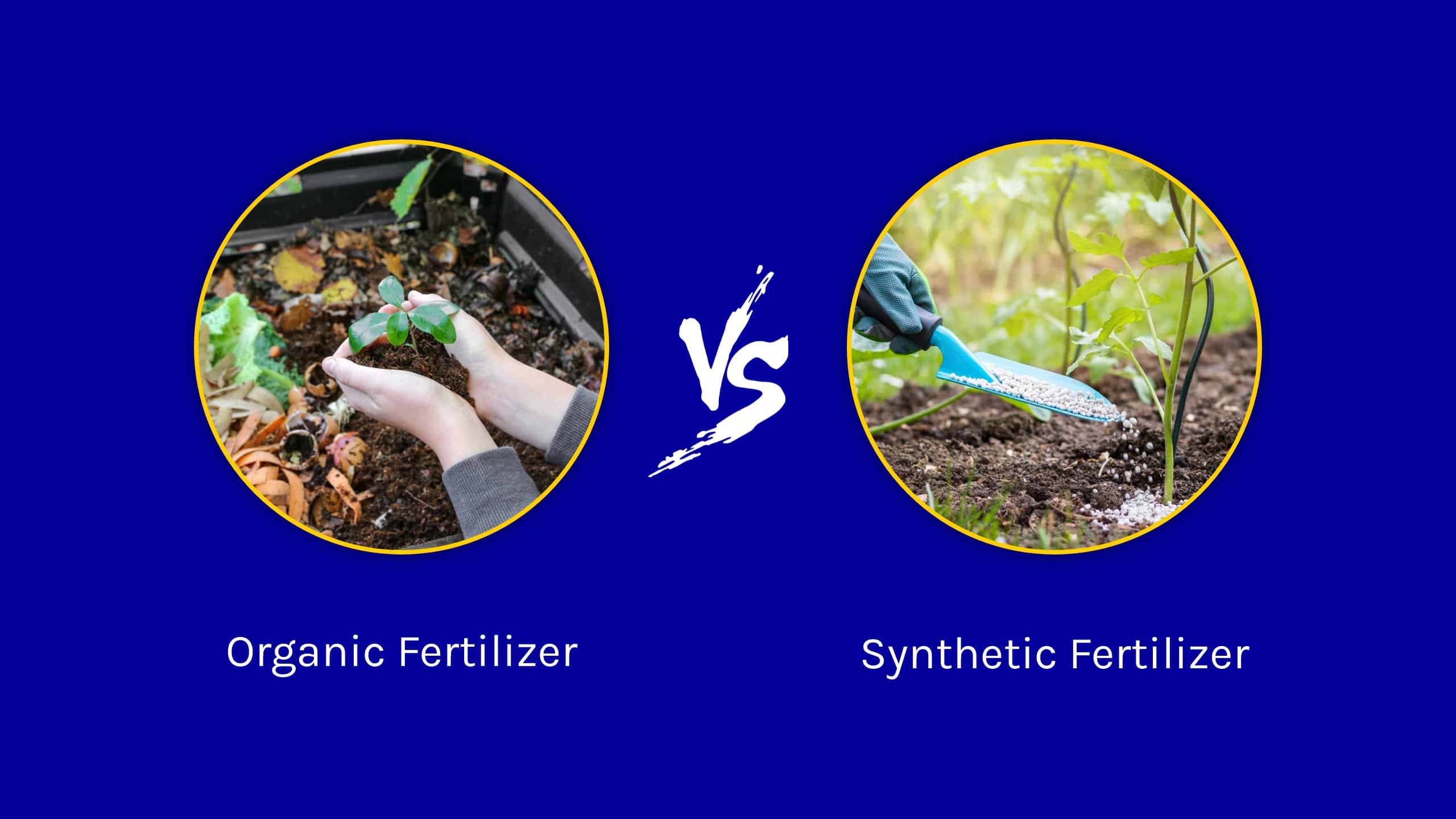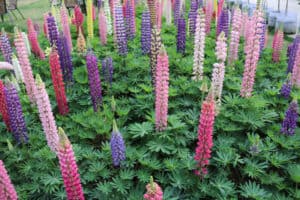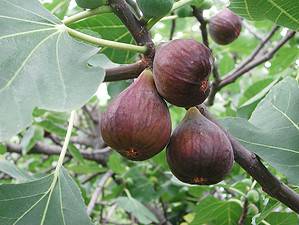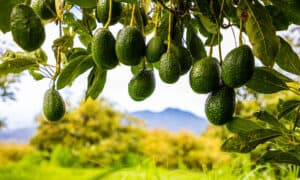Feeding your plants and nourishing soil with fertilizer helps produce a bountiful harvest, encourages blooming, and generally results in happier, healthier plants. However, not all fertilizers are created equal.
While many blends and materials are used in fertilizer, there are two overarching types: organic and synthetic. In this article, we’ll explore organic vs. synthetic fertilizers and the pros and cons of each so you can decide what’s better for your plants.
Let’s dig in!
Organic vs. Synthetic Fertilizer: What’s the Difference?
Organic fertilizer is comprised of naturally occurring materials in the form of animal or plant-based byproducts or end products. Compost and manure are two well-known examples of organic fertilizers.
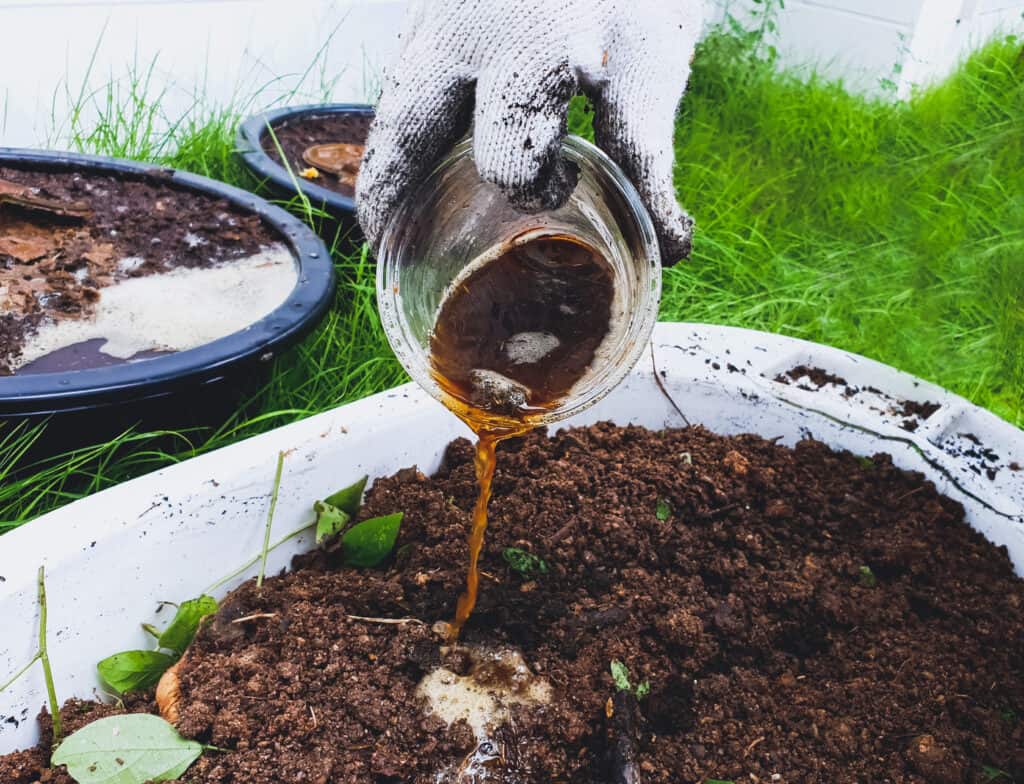
Organic fertilizer is a blend of naturally occurring materials. Synthetic fertilizer is created in a lab.
©The little paint/Shutterstock.com
On the other hand, synthetic fertilizer is inorganic and created in a lab using the chemical compounds of nutrients plants need to thrive. Nitrogen, phosphorus, and potassium are some of the most common nutrients found in synthetic fertilizers and are often listed as NPK fertilizers or plant food.
Both organic and synthetic fertilizers are created to provide nourishment to plants. However, there are key differences in cost, ecological impacts, benefits, and disadvantages.
Organic Fertilizer: Pros and Cons
In a nutshell, organic fertilizer has lasting positive impacts on gardening and minimal risk of harming plants or the local environment. However, it’s slower working and can be cost-prohibitive. Let’s explore the pros and cons in more detail.
Pro: Nourishes the Soil
One of the biggest differences between organic vs. synthetic fertilizers is that organic fertilizer contributes to the soil composition and long-term nutrients. In contrast, synthetic fertilizer is designed only to feed the plant. This impact means that your fertilization efforts this year will continue to have an effect throughout the season and when planting future crops.
Con: Limited Control Over Nutrient Content
The nutrients present in organic fertilizer ultimately depend on what’s in the mix, and high nutrient content doesn’t mean the vitamins and minerals will be bioavailable (easy to absorb).
The limited control over nutrient content is an issue if you have plants that require higher levels of one nutrient over another. For example, succulents do well with a balanced fertilizer blend, as too much nitrogen can block potassium absorption. Synthetic fertilizers have a clearly labeled and crafted blend, whereas organic fertilizer is a bit of a wild card.
Pro: Promotes Sustainable Gardening Practices
Organic fertilizer uses components that are already available from nature and would otherwise go to waste. This aspect contributes to a lower carbon footprint and the promotion of sustainable gardening practices.
Con: Cost-Prohibitive
The labor associated with sourcing and blending organic fertilizer can lead to higher costs, which may be prohibitive to budget-constrained gardeners and plant parents.
Pro: DIY Options
Almost anyone can compost at home and create their own organic fertilizer blend. However, this option may not be available to balcony gardeners in apartment buildings or people in urban areas with bylaws around composting.
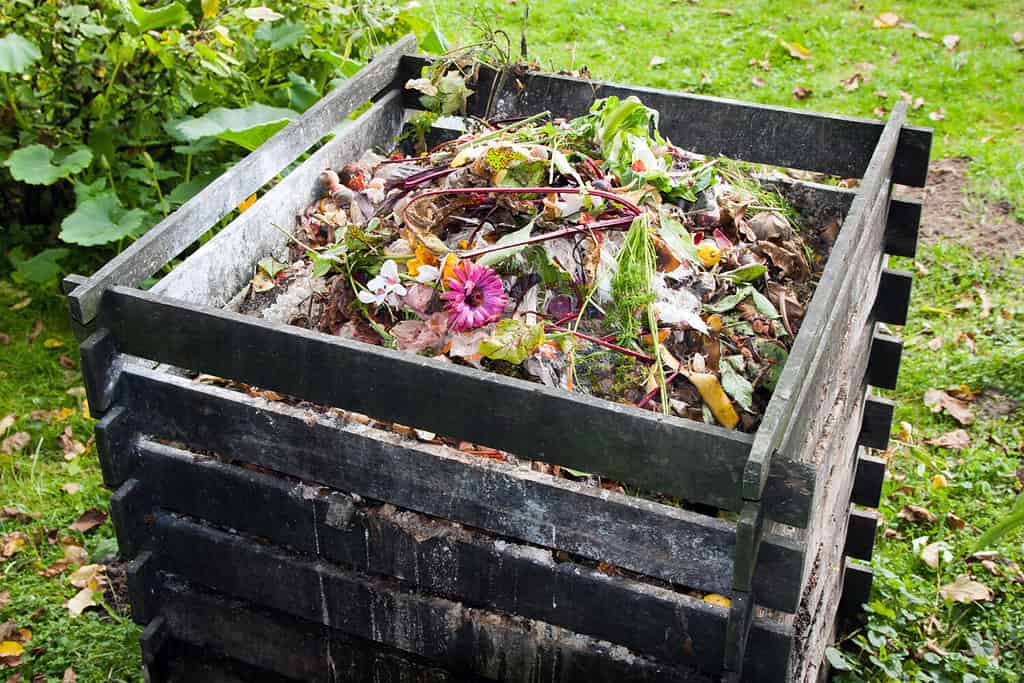
Compost is an excellent ingredient in organic fertilizer.
©Evan Lorne/Shutterstock.com
Con: Size and Quantity Needs
Organic fertilizer comes in its purest form, which means large bags of matter. When you choose this option, you’re committing to purchasing and transporting large piles or bags of fertilizer. Conversely, synthetic fertilizer comes in easy-to-use pellets, stakes, or concentrated liquid form.
Synthetic Fertilizer: Pros and Cons
The pros and cons of synthetic fertilizer are the flip side of the pros and cons of organic fertilizer. Synthetic fertilizer is designed to feed the plants without lasting positive impacts on the soil. However, giving the plants exactly what they need and having more control over your crops is easier. Let’s explore these pros and cons in greater detail.
Pro: Highly Bioavailable
The nutrients in synthetic fertilizers are designed to be bioavailable or easily absorbed. This feature increases the likelihood that your plants will get the nutrients they need to thrive.

Synthetic fertilizer is crafted to be highly bioavailable and nutrient-specific.
©Valeriy_G/iStock via Getty Images
Con: Easy to Overdose
One significant disadvantage to synthetic fertilizer is that it’s easier to “overdose” your plants. If you provide too much fertilizer during the plant’s dormant period, the plant will be unable to absorb the nutrients. The remaining concentration could harm the plant and, in an outdoor setting, harm any surrounding plant life. Excess fertilizer could also impact local waterways.
Pro: Specific Blends
You can find synthetic fertilizer blends designed to suit a specific plant’s needs. For example, leafy greens like lettuce and kale require a higher concentration of nitrogen than phosphorus and potassium. Catering to your plant’s unique needs will help you produce a better crop yield or growing season.
Cons: Potential for Negative Environmental Impacts
Prolonged use of synthetic fertilizer could have negative environmental impacts, especially when used in an outdoor setting.
Creating fertilizer from scratch in a lab has a higher carbon footprint than repurposing organic materials. Using synthetic fertilizer doesn’t contribute to the structure and nutrient quality of the soil and could impact microbes and native plants.
Pro: Efficiency and Convenience
Synthetic fertilizer is conveniently crafted and packaged for easy application and use. Slow-release pellets and concentrated liquids are easy to transport, store, and use.
Con: Long-Term Costs
Synthetic fertilizer may have lower upfront costs than organic fertilizer, but the long-term costs may be greater. Your plants may develop a dependency on synthetic nutrients, and as the fertilizer doesn’t nourish the soil, you’ll have to apply it regularly.
Organic vs. Synthetic Fertilizer: Which Is Right for Your Garden?
There’s no definitive answer on whether organic vs. synthetic fertilizer is right for your garden; it ultimately depends on your needs, values, and goals.
Organic fertilizer is an excellent long-term option for nourishing your soil and practicing sustainable plant parenting or gardening.
Synthetic fertilizer is a quick way to introduce nutrients that your plants may need to survive here and now.
Using a strategic blend of synthetic fertilizer while enhancing soil quality with organic fertilizer is a balanced approach that suits most gardeners and plant enthusiasts.

The best fertilizer for your plants depends on your needs, goals, and values.
©Zbynek Pospisil/ via Getty Images
Thank you for reading! Have some feedback for us? Contact the AZ Animals editorial team.

